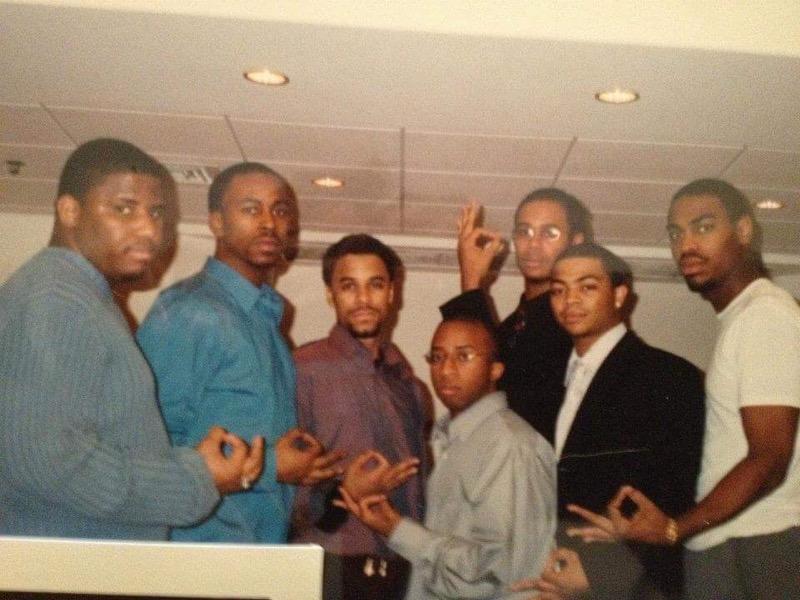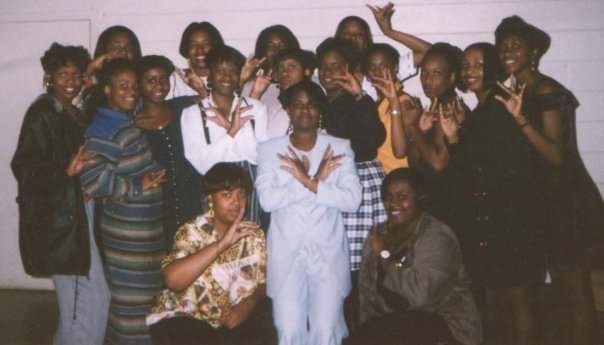Blog
Importance of HBCUs in Black Lives and Black History
ASCI Intake Supervisor Levelle Alexander and Billing Specialist Aayesha Bell tag-team the discussion on why historically black colleges and universities (HBCUs) are so important to them and to our young African-American population. From being a legacy on campus to being the first in the family to attend college, their stories exhibit how powerful attending an HBCU can be.
Before HBCUs were created, African-Americans were barred from attending predominantly white institutions (PWIs). HBCUs were created as a priority for educating African-American students.

The first institution to offer higher education to African-Americans was the Institute for Colored Youth, founded in 1837, which eventually became Cheyney University of Pennsylvania. The first black university to offer baccalaureate degrees was Lincoln University, founded in 1854. There are currently 107 HBCUs across America! These HBCUs serve as an essential resource for black students to succeed in America. The following are some of their accomplishments as provided by the U.S. Department of Education:
- More than 80 percent of all black Americans who received degrees in medicine and dentistry were trained at the two traditionally black institutions of medicine and dentistry—Howard University and Meharry Medical College. (Today, these institutions still account for 19.7 percent of degrees awarded in medicine and dentistry to black students.)
- HBCUs have provided undergraduate training for three fourths of all black persons holding a doctorate degree; three fourths of all black officers in the armed forces; and four fifths of all black federal judges.
- They are leading institutions in awarding baccalaureate degrees to black students in the life sciences, physical sciences mathematics, and engineering.
- They continue to rank high in terms of the proportion of graduates who pursue and complete graduate and professional training.

For young black Americans, joining an HBCU can be life-changing. When asked about attending an HBCU, Alexander says, “You can be yourself. You can learn yourself. You can build yourself.”

Thank you, Levelle and Aayesha, for giving us a glimpse into the importance of HBCUs and Black history!
This was great it needs to go public like on u tube and other large audience’s media
This was fin to do and awesome to watch! Great job ASCI Team on this whole project!